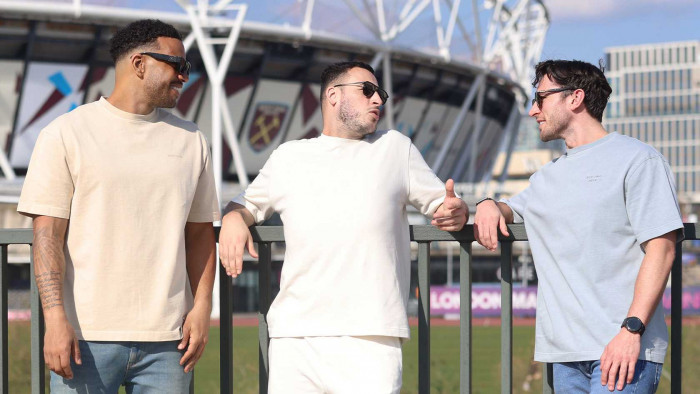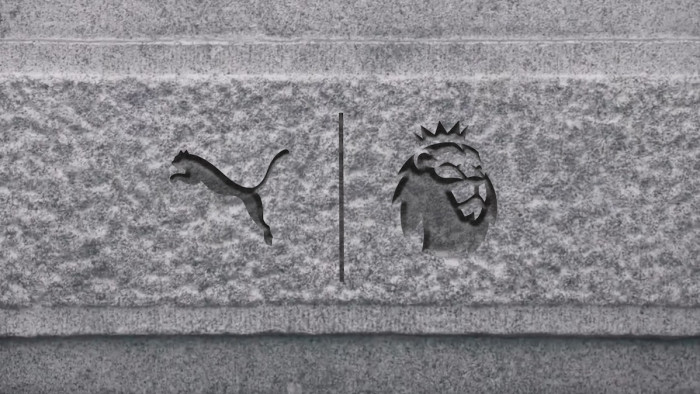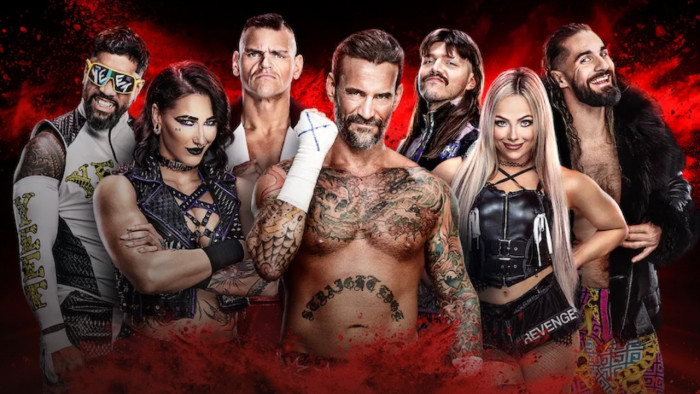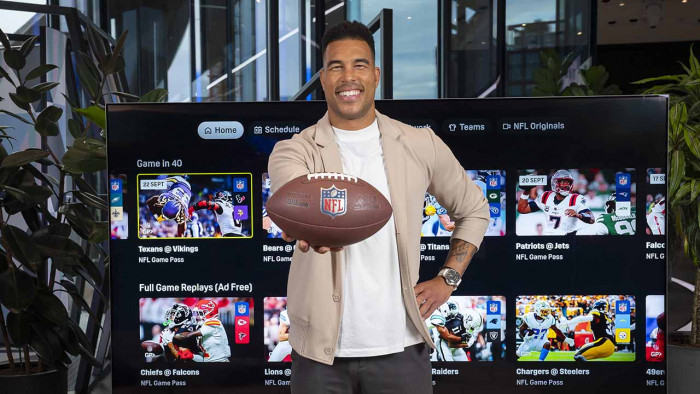After Lionel Messi and Cristiano Ronaldo’s sparkling feet, optimism is possibly the most potent force in football.
In 1978, Scotland manager Ally MacLeod had a squad brimming with superstars – Kenny Dalglish, Graeme Souness, Joe Jordan, Archie Gemmill – and, perhaps a tad overcome by the reverie of it all, boasted they would return home with the World Cup, if not with “at least a medal”. They didn’t. They were eliminated at the group stage on goal difference – the Tartan equivalent of England’s penalty curse.
Ever since, managers both north and south of the border have taken a more measured approach, and the World Cup in Brazil has afforded a fresh landscape in that press, pundit and fan are aligned by not expecting too much from the Three Lions. Some argue they’d do well to get out of the group.
Yet, rather than follow suit and play down England’s chances, the team’s boss, Roy, is stocked full of alluring optimism and is intent on stepping out of the shadow of ’66 to make history of his own.
As the nation that invented football, how important is it that England have won the World Cup – even if it is only the once?
I think it’s nice to have it. We’d like a lot more and we’d have liked a lot more in the intervening period, but it hasn’t arrived yet. Of course, 1966 is an iconic year because it was the time England did get to the final and win it, and my hope is that we can add to that.
Do you see the spirit of ’66 in your current squad?
The spirit’s always there, and the desire and the work ethic, but you’re only ever going to be able to talk about the spirit or players of ’66 when we win it again. It’s very difficult to suggest that players are comparable to those winners until such time that they become winners themselves.
Is that win, and the ever-lengthening time since, an albatross around your neck?
No, I never see it that way. I see it as a challenge that I was happy to take on. I look forward to trying to achieve what other people haven’t achieved before me. To go as far as the ’66 team would be wonderful, but I see it as an opportunity, I don’t see it as an albatross. All you can do is the best you can do with a group of players that you have at the time. If you are good enough and the players are good enough, then we can quite easily emulate 1966.
Despite expectation being at an all-time low, you have a squad in fantastic form. Is that cause for cautious optimism?
What I try to do is to concentrate on the task at hand, game by game. I don’t tend to have that global view that I’m optimistic or confident that we will do this, that or the other. I break it down into what I can work on and what I can do. The more philosophical aspects – how far can you go, how well can you do, can the young players accept the responsibility, are some of the older players getting too old or will their experience be good for the team – these are just points for debate really, and you can debate them for as long as you like.
How excited are you about England’s crop of young players?
It’s very good for the country and for football. This generation has served the country well, but hasn’t won a major tournament. Now we’ve got to accept a lot of those players are either retired or close to retiring, and we have to look to the younger ones. They are the ones that now have to step up to the plate and give us a new generation we can believe in. I’d like to think the form of these young players is a big cause for optimism, a cause for belief and, if you like, a cause even for faith.
In terms of England’s opponents, which dangermen stand out?
In all the teams, the dangermen are the attacking players, the ones who score the goals, or maybe a midfield player who is an exceptional passer. Certainly people think of Gerrard or they think of Rooney, or a forward like Sturridge, Welbeck or Sterling, and the same goes for us. We think of Italy and we think a lot about Pirlo’s passing for the team, we think a lot about Balotelli’s talent, we think about Cavani and Suarez [who may not make it now with a Meniscus injury] for Uruguay, but really it goes beyond that.
You’re taking psychiatrist Dr Steve Peters to Brazil. Do you think he can bring the same success to England as he has to Team GB and Liverpool?
I know Liverpool are very satisfied with the job he’s done. A lot of the Liverpool players have found his help and advice very useful, and it will be good that he will be with us and available to all the squad players. But we’re not going to push players towards him – he’ll be there and we expect nothing from him, really. If he can bring something and help a player or two, that’s terrific and a bonus.
Finally, do you know your XI that will start against Italy?
To some extent, you can’t pick the 11 until such time that you’re 100 per cent certain how you want to play tactically – that could force minor adjustments. I think it’s fair to say I’ve got quite a clear idea in my head of a basic team and who I want to build around. There are still things to think about, but I’ve had two years to make up my mind about the 23 players – and a good six or seven months since we qualified in October – and I’ve had nothing else on my mind. So I don’t need the last two weeks to suddenly click me into gear, I’ve been in gear all along.
The Hublot King Power 66 Hodgson is on sale now for £21,300 at Hublot, 31 New Bond St, London; 020-3214 9970, hublot.com
(Image: Rex Features)
Latest
Related Reviews and Shortlists










